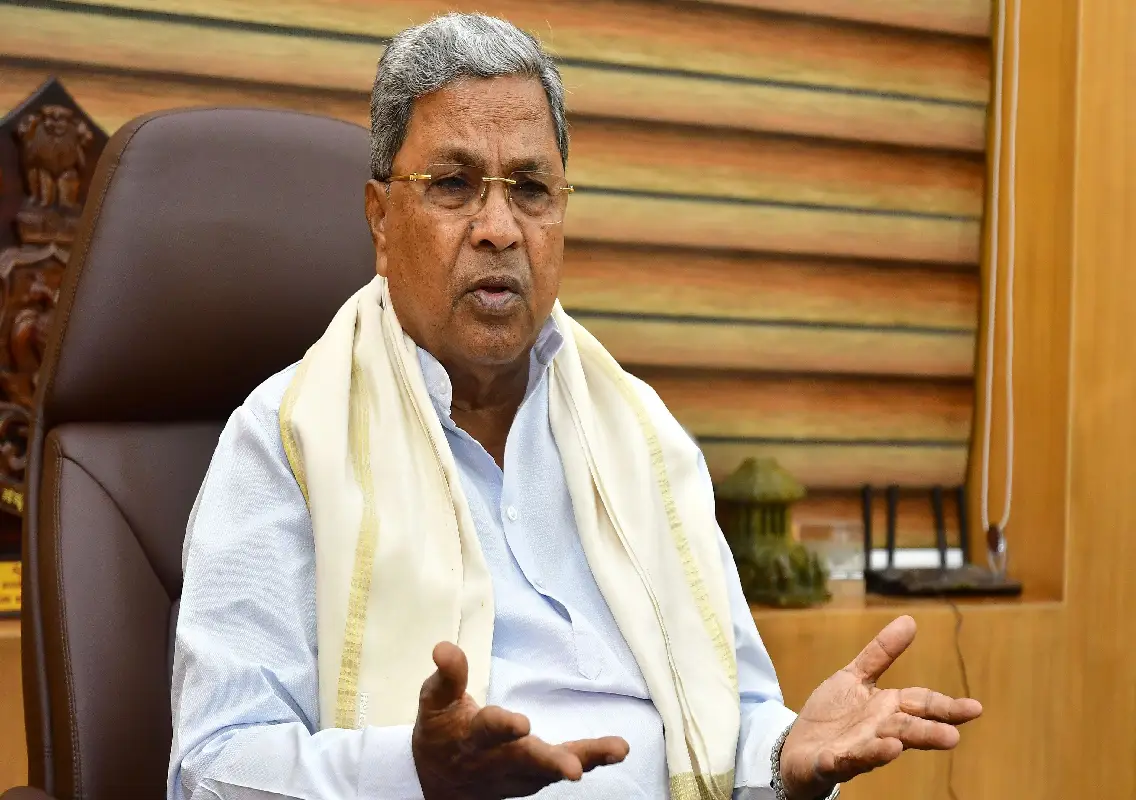Copyright newskarnataka

Bengaluru: In a setback to the Siddaramaiah-led Congress government, the Karnataka High Court on Tuesday stayed the state’s recent order requiring prior permission for public gatherings of more than 10 people. The order, issued on October 18, had made it mandatory for any private organisations, associations, or groups to obtain permission before using government property or public spaces for events and activities. The controversial directive quickly drew criticism from the Bharatiya Janata Party (BJP), which alleged that the move was politically motivated and targeted at restricting the Rashtriya Swayamsevak Sangh (RSS). Though the government order did not specifically name the RSS, BJP leaders claimed it was designed to curb the Hindu nationalist organisation’s routine gatherings and route marches. High Court intervenes after legal challenge The order was challenged in the Karnataka High Court soon after its issuance. The court, after hearing the petition, paused the implementation of the government directive, providing interim relief to petitioners and organisations affected by the restriction.The stay comes ahead of the RSS’s proposed route march in Chittapur on November 2, for which the organisation had been denied permission earlier. The High Court directed RSS representatives to submit a fresh application for the march, which authorities are now required to consider without bias. Government defends order citing 2013 circular Defending its position, the Karnataka government argued that the October 18 order was consistent with earlier rules restricting the use of government premises for non-official purposes. Officials cited a 2013 circular issued by the education department under the previous BJP-led government, which had limited the use of school premises and playgrounds strictly for educational activities.A senior state official stated that the intent was to ensure public property is used responsibly and not for activities that could potentially disturb public order or promote political agendas. Political row over RSS activities The issue has gained political traction since Karnataka Minister Priyank Kharge, son of Congress president Mallikarjun Kharge, wrote to Chief Minister Siddaramaiah on October 4, seeking a ban on RSS activities in government and government-aided schools.In his letter, Kharge alleged that RSS ‘shakhas’ were being held in public spaces and educational institutions, where “slogans are shouted and negative ideas are instilled in the minds of children and youth.” The minister claimed such gatherings violated the secular principles of the education system and urged the government to take firm action. Following Kharge’s appeal, authorities in Chittapur — his home constituency — denied the RSS permission to hold a route march on October 19, citing possible threats to peace and law and order. The decision triggered strong reactions from the BJP, which accused the Congress government of suppressing democratic freedoms and discriminating against cultural organisations aligned with the Hindu right wing. RSS petitions High Court In response, the RSS filed a petition before the Karnataka High Court challenging the restrictions imposed by the government order. The organisation argued that the directive violated the constitutional right to peaceful assembly under Article 19(1)(b).Representing the RSS, counsel argued that the order amounted to a blanket ban on public activities and gatherings, which could not be justified under the guise of administrative control. The High Court’s decision to stay the order has been seen as a significant relief for the organisation and its supporters. Broader implications The court’s intervention highlights the growing tensions between the Congress-led state government and the BJP-RSS combine in Karnataka. Political observers say the ruling has temporarily diffused the controversy but could reignite the ideological battle between the two parties in the run-up to future elections.Meanwhile, the state government has stated that it will review the court’s interim order and decide whether to file an appeal. Legal experts suggest that the final verdict could determine the extent of state control over the use of public spaces for social and cultural activities.



